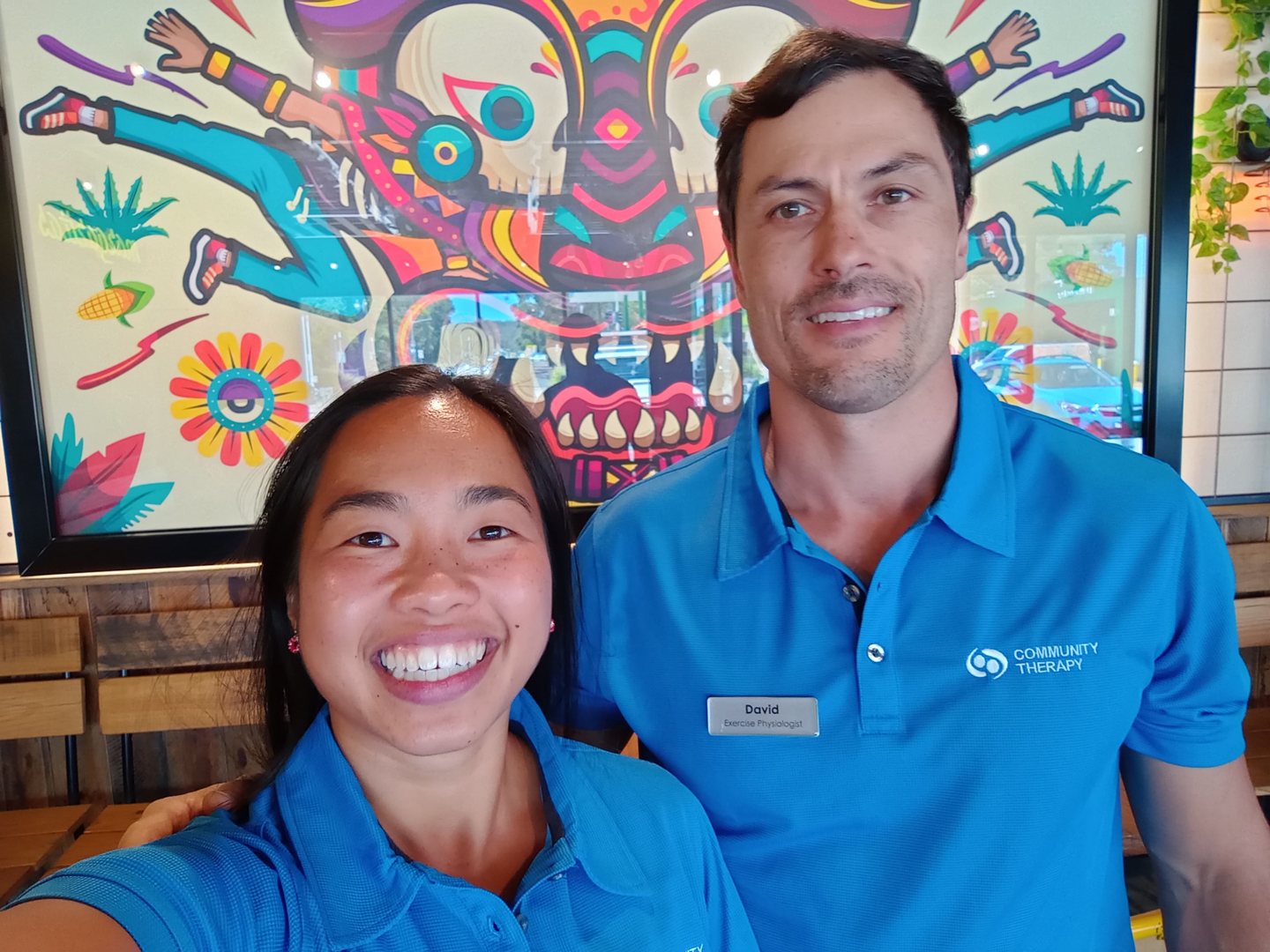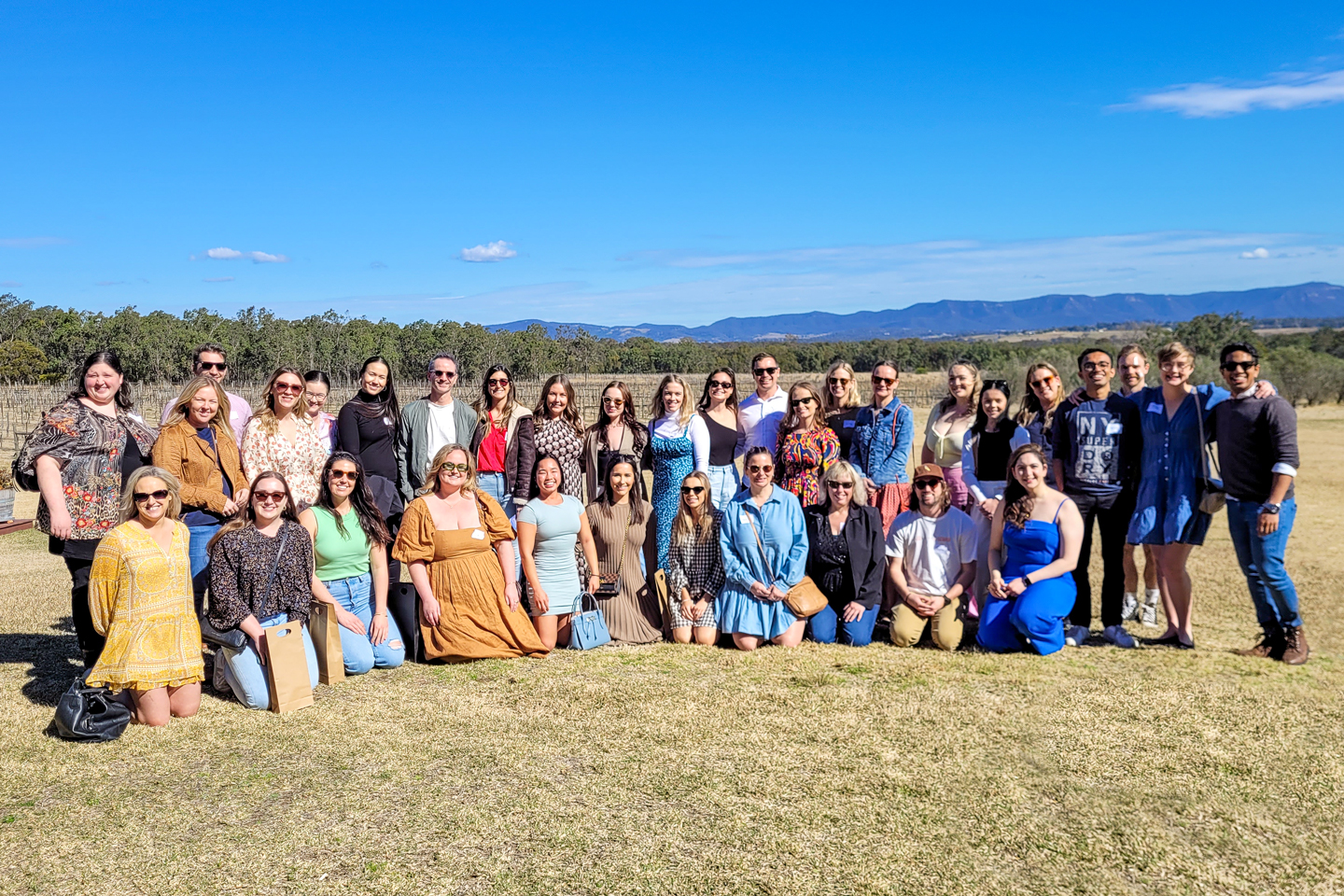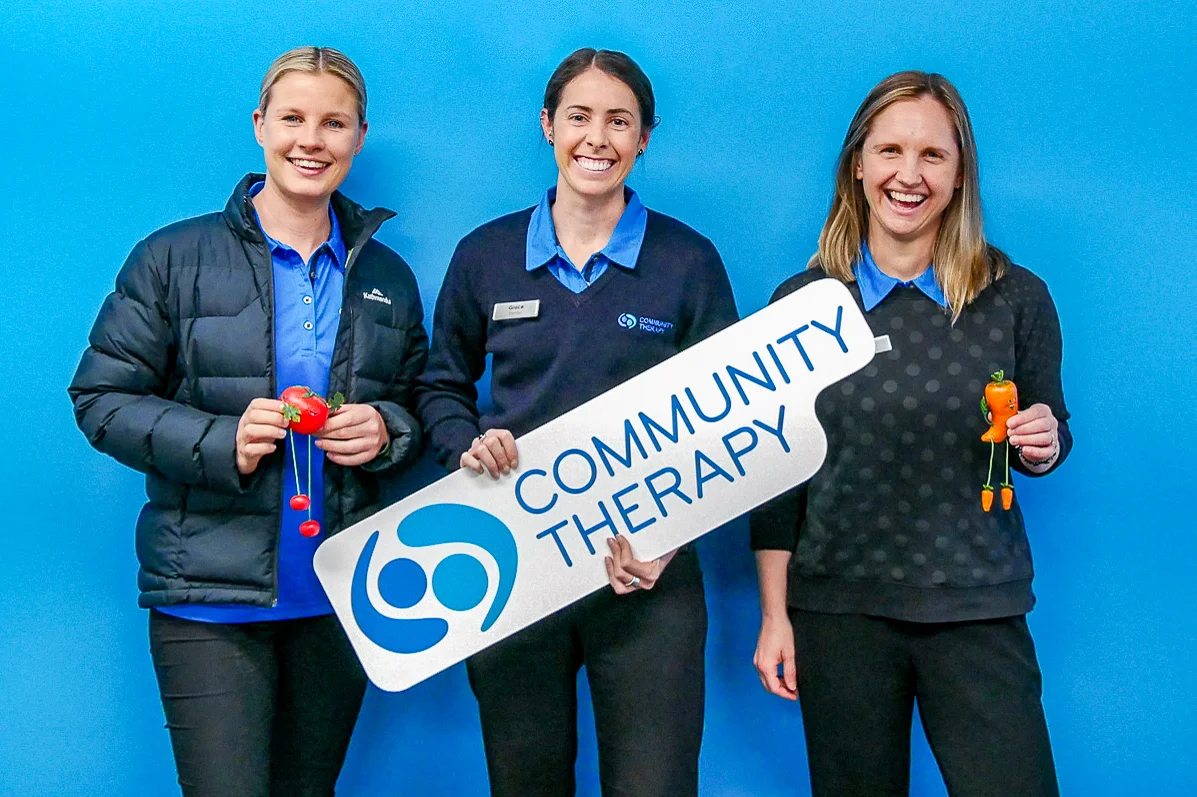End of Life Pathway
At Community Therapy, we understand that the end of life is a deeply personal and sensitive time.
For older adults who wish to remain at home during their final weeks, the End of Life Pathway offers a way to access additional support and care that prioritises dignity, comfort, and quality of life.
Our Allied Health team plays a central role in ensuring that both individuals and their families feel supported—clinically, emotionally, and practically—throughout this time.

Understanding the End of Life Pathway
The End of Life Pathway is available to older adults with a Support at Home package who have received a diagnosis of three months or less to live and have chosen to remain in their home. This pathway allows for increased care and services over a 12-week period, funded through the Support at Home program.
The goal is to provide enhanced support that enables the person to remain comfortable and cared for in the environment they’re most familiar with—often surrounded by loved ones and memories.

What Services Are Available?
Most of Community Therapy’s Allied Health services are accessible under the End of Life Pathway, including:
- Occupational Therapy
- Physiotherapy
- Speech Pathology
- Dietetics
While all services are available, Physiotherapy, Occupational Therapy, Speech Pathology, and Dietetics are the most frequently utilised. These disciplines offer practical, person-centred care that addresses the unique physical, nutritional, and functional needs of someone nearing the end of their life.
For example, an Occupational Therapist might assist in setting up the home environment to ensure safety and comfort, while a Physiotherapist may assist with positioning, mobility and pain management strategies to reduce discomfort. A Dietitian and Speech Pathologist may work together to help the client, their family, and support workers understand changes in swallowing, hydration, and nutrition, and how to manage these with sensitivity and dignity.

How Is the Service Initiated?
Initiating support through the End of Life Pathway begins with a change in the person’s medical circumstances.
When a care partner from a Support at Home provider becomes aware that their client has received a terminal diagnosis, they can request an assessment from a Support at Home assessor.
Once this assessment is approved and the person is confirmed as eligible for the End of Life Pathway, the care partner can issue a referral to Community Therapy. The referral should clearly indicate the Allied Health services required and that they are to be provided under the End of Life Pathway.
At Community Therapy, we prioritise these referrals through a triage system, ensuring that the person is seen within one to two weeks, at most. This timely response allows us to quickly mobilise care and ensure that support is available when it’s needed most.

Meaningful Goals
Although the End of Life Pathway is short in duration, the impact of quality Allied Health care can be profound. The overarching goal of our team is to preserve the individual’s dignity and quality of life while ensuring their comfort.
We also place a strong emphasis on supporting families and care workers. This includes providing education about changes that may occur during the end of life and helping them feel more prepared. For instance, a Speech Pathologist might explain how swallowing changes as the body slows down, while a Dietitian may offer advice on managing hydration with compassion and understanding.
Every service we provide is tailored not only to the person’s clinical needs, but to their wishes, values, spiritual beliefs and personal goals—whether that’s remaining comfortable in their favourite chair or spending more time with loved ones in a familiar setting.

What Information Should Be Included in a Referral?
To help us provide the best possible care from the outset, referrals to Community Therapy under the End of Life Pathway should include any available clinical documentation from the person’s GP, hospital, or specialist.
This allows us to triage the referral appropriately and allocate to the most suitable and experienced clinician.
The more information we receive upfront, the more efficiently we can act to ensure the individual receives the support they need—quickly and compassionately.

We’re Here to Walk Alongside You
The end of life is a deeply emotional time, and with the right support, it can be met with comfort, compassion, and dignity.
At Community Therapy, we are honoured to be a part of that journey for families across the Central Coast, Newcastle, Hunter Valley, and Port Stephens.
If you’re supporting someone with a Support at Home package who may be eligible for the End of Life Pathway, please don’t hesitate to contact us.
We’re here to help—gently, respectfully, and with heart.


